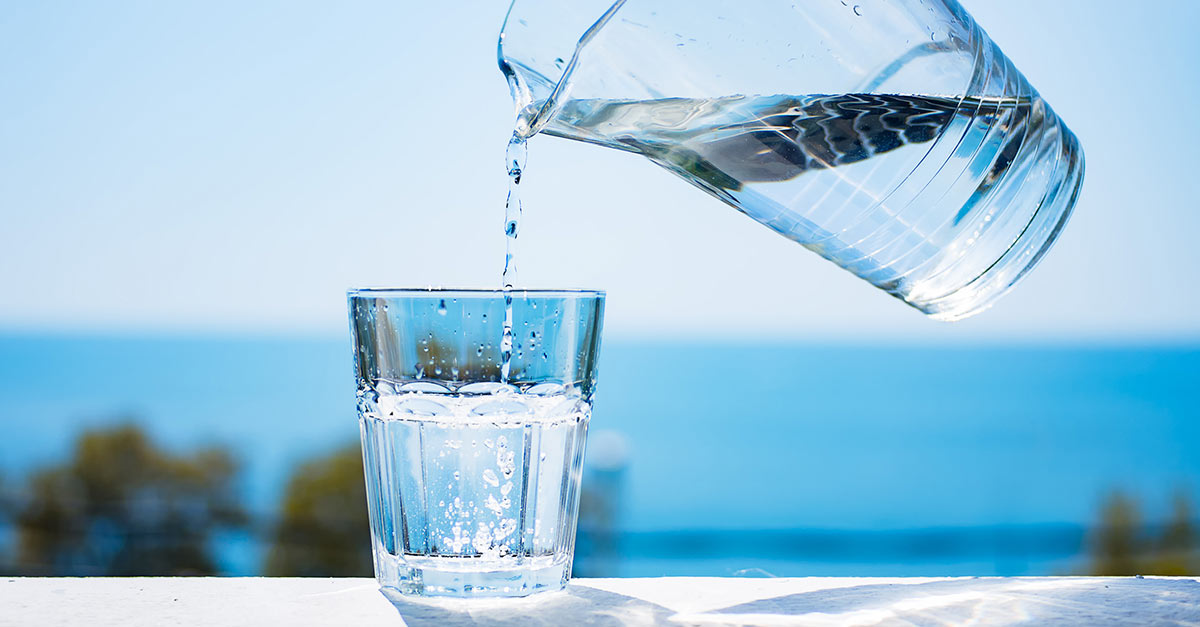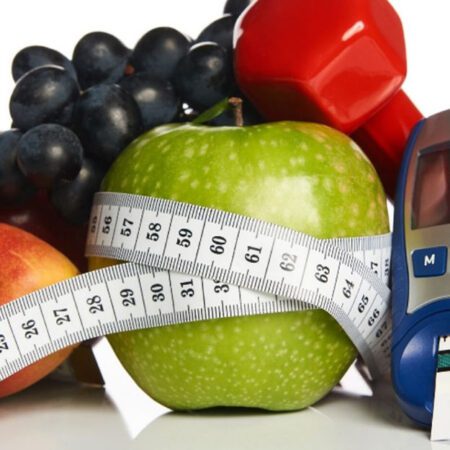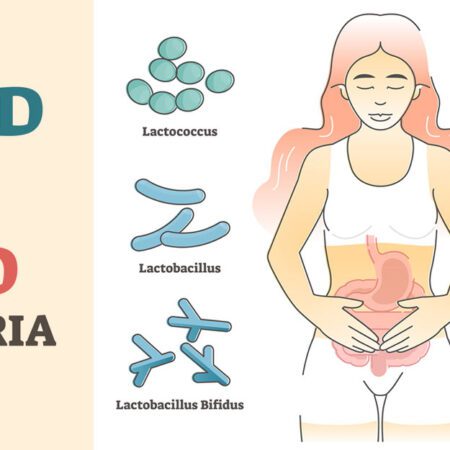10 Basic Types of Water

Water is one of the most important substances on the planet. All living things need it to survive – including you. Your body is more than 60% water. It’s essential to your health and serves many important functions. These include regulating your temperature, transporting nutrients, eliminating waste, lubricating joints, and much, much more.
Here, we take a look at the 10 basic types of water to help you understand more about this life-giving liquid:
1. Hard Water
This is saturated with calcium, iron, magnesium, and many other inorganic minerals. All water in lakes, rivers, on the ground, in deep wells, is classified as hard water. (Many city systems take water from rivers or lakes, or reservoirs supplied with mountain water; they erroneously call their supplies “soft water” but it is soft only in comparison with water, which is harder.)
2. Boiled Water
Boiling helps remove some of the germs but concentrates the inorganic minerals. Other germs are carried into a fertile element for rapid and lusty propagation of germs and viruses already in the body.
3. Raw Water
This has not been boiled. Raw water may be hard (as calcium hardened water) or soft as rainwater. It contains millions of germs and viruses in every densely inhabited drop. Some of these viruses and bacteria may adversely affect the thyroid gland, the liver and other vital body organs.
4. Rain Water
This has been condensed from the clouds. The first drop is distilled water. But when it falls as rain, it picks up germs, dust, smoke, minerals, strontium 90, lead and many other atmospheric chemicals. By the time rainwater reaches the earth it is so saturated with dust and pollutants it may be yellowish in color. Water is supposed to act as an atmosphere purifier. If we had no air pollution, we would have far less pollution in our drinking water.
5. Snow Water
This is frozen rain. Freezing does not eliminate any germs. All snowflakes have hardened mineral deposits. Melt the cleanest snow and you will find it saturated with dirt, inorganic minerals, germs and viruses.
6. Filtered Water
This water has passed through a fine strainer, called a filter. Some calcium and other solid substances are kept in the filter; there is no filter made which can prevent germs from passing through its fine meshes. Each pore of the finest filter is large enough for a million viruses to seep through in a few moments. A home filter usually only picks up suspended solids and is effective for the time, maybe only for hours, until it is filled up. Then it is ineffective even for removing suspended solids, and at the same time becomes a breeding ground for bacteria.
7. Soft Water
This water is soft in comparison with water, which is harder. It may contain many trace minerals and chemicals, viruses and bacteria. It is not to be confused with “softened water.” Soft water may be classified as water, which is harder than distilled water.
8. Reverse Osmosis
This is a system of water purification, which allows pre-filtered water to be forced through a semi-permeable membrane to separate impurities from our drinking water. However, this membrane allows only certain molecules to pass through providing the water pressure is exactly constant. The matter of water pressure is a problem still to be solved. Furthermore, the membrane also allows some iron and nitrate molecules to pass through. Another problem to be solved.
9. De-ionized Water
A process of exchanging “hard” ions for “soft.” The total ions are still present. The end result is the same. But the water has the appearance of being distilled. (Nature recognizes transformation but not extinction!) Since water leaving the sodium-cation exchanger has little hardness, it contains sodium salts.
10. Distilled Water
This is water that has first been turned into steam so that all of its impurities are left behind. Then through condensation, it is turned back into pure water. It is the only pure water. The only water free from all contamination – Distilled water may well be considered the only pure water on earth.




